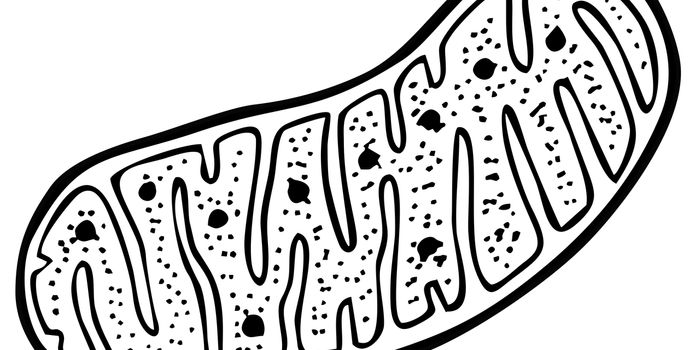A New Double Threat Against Skin Cancer
Skin cancer is one of the most common cancers in America. One of the most aggressive forms of skin cancer is melanoma, accounting for up to 85% of skin cancer deaths and a poor two-year prognosis. A few treatments are available, from chemotherapy to immunotherapy; however, the prognosis remains grim. A group from China decided to investigate an up and coming chemotherapy, alteronol, against melanoma. In particular, they were curious as to how it’s of autophagic activity might affect its anti-cancer activities.
Alteronol is a drug that has the same origins as another frontline chemotherapy Paclitaxel. Previous research has found it to be effective against many cancers, including melanoma. The primary activities that give it its anti-tumor abilities revolve around inducing apoptosis in cancer cells, as well as preventing metastasis through suppressing cellular migration. One of its lesser-known activities is autophagy, which conversely is linked to cancer progression. Alteronol’s autophagy activity would, therefore, be a target for study.
Using melanoma cell lines, they found that the addition of alteronol preferentially hindered the growth of cancer cells over normal cells. Alteronol’s apoptotic activity was confirmed by measuring levels of apoptotic proteins upon its application. The group then began looking at the Akt/mTOR pathway as a possible reason for alteronol’s autophagic activities. The Akt/mTOR is a known regulatory pathway of autophagy, and it was found that alteronol seemed to suppress its activation. This observation led the team to introduce a second drug, 3-MA, to prevent this suppression. The addition of both alteronol and 3-MA unexpectedly showed higher apoptotic activity. This dual treatment also enhanced alteronol’s inhibition of cellular migration and invasion. Wrapping it all together, the group ran mouse experiments that confirmed that while alteronol alone could decrease tumor growth, the dual treatment was shown to be an even greater suppresser of tumor growth.
The prevalence of skin cancer makes the poor prognosis of its most aggressive form a frightening concept. With prevention with sunscreen and regular checkups having the best results, treatments for skin cancer itself are comparably ineffective. Therefore, the dual treatment found from this investigation could be a literal lifesaver. The group concludes, “Our results demonstrated that alteronol is an effective anti-melanoma agent both in vitro and in vivo, and the combination of alteronol and autophagy inhibitor 3-MA may have multiple beneficial effects as a potential treatment for melanoma.”
Sources: Nature, Mayo Clinic









